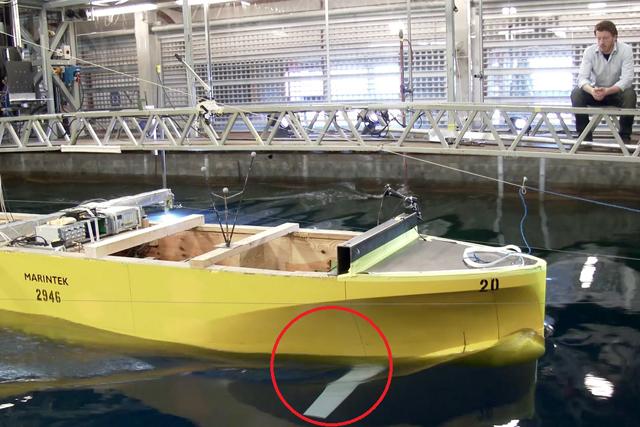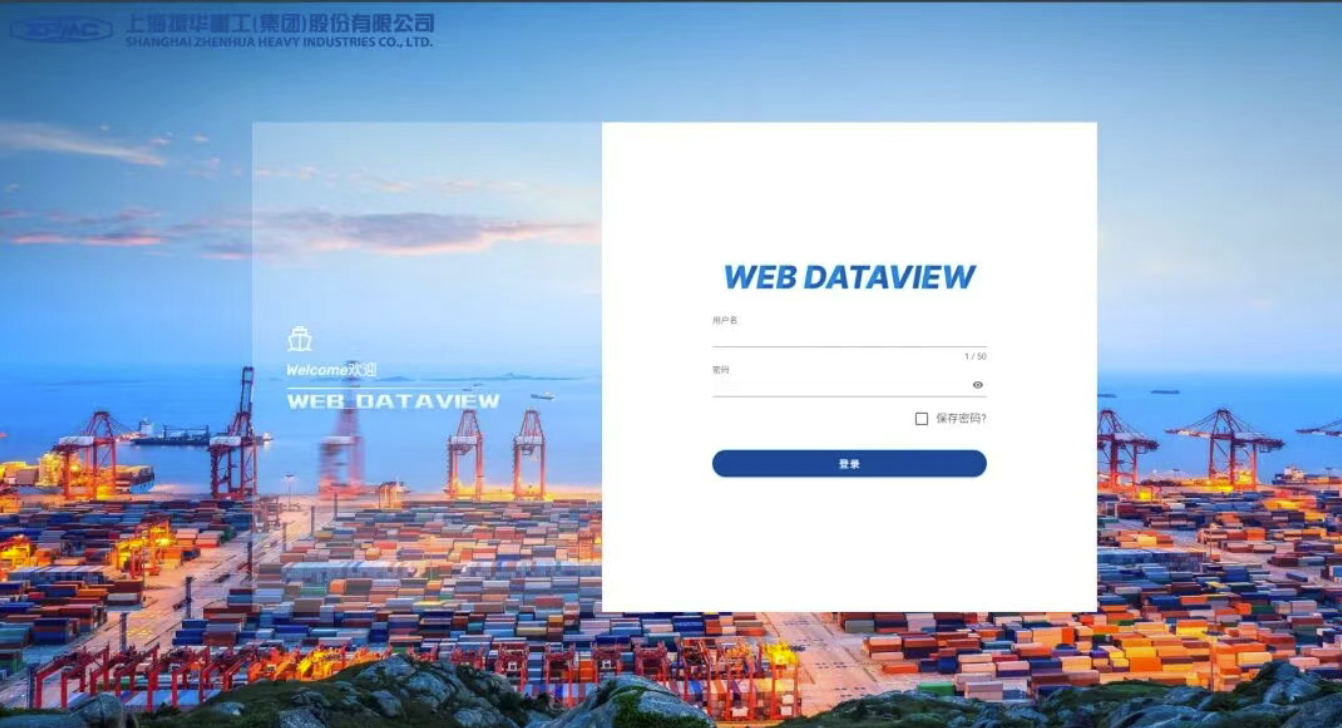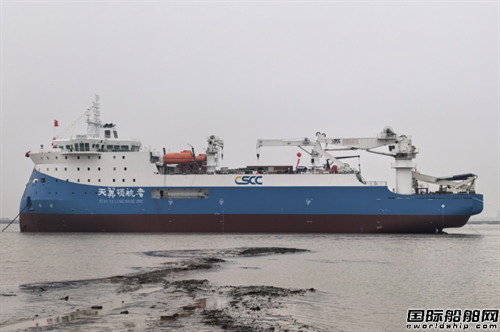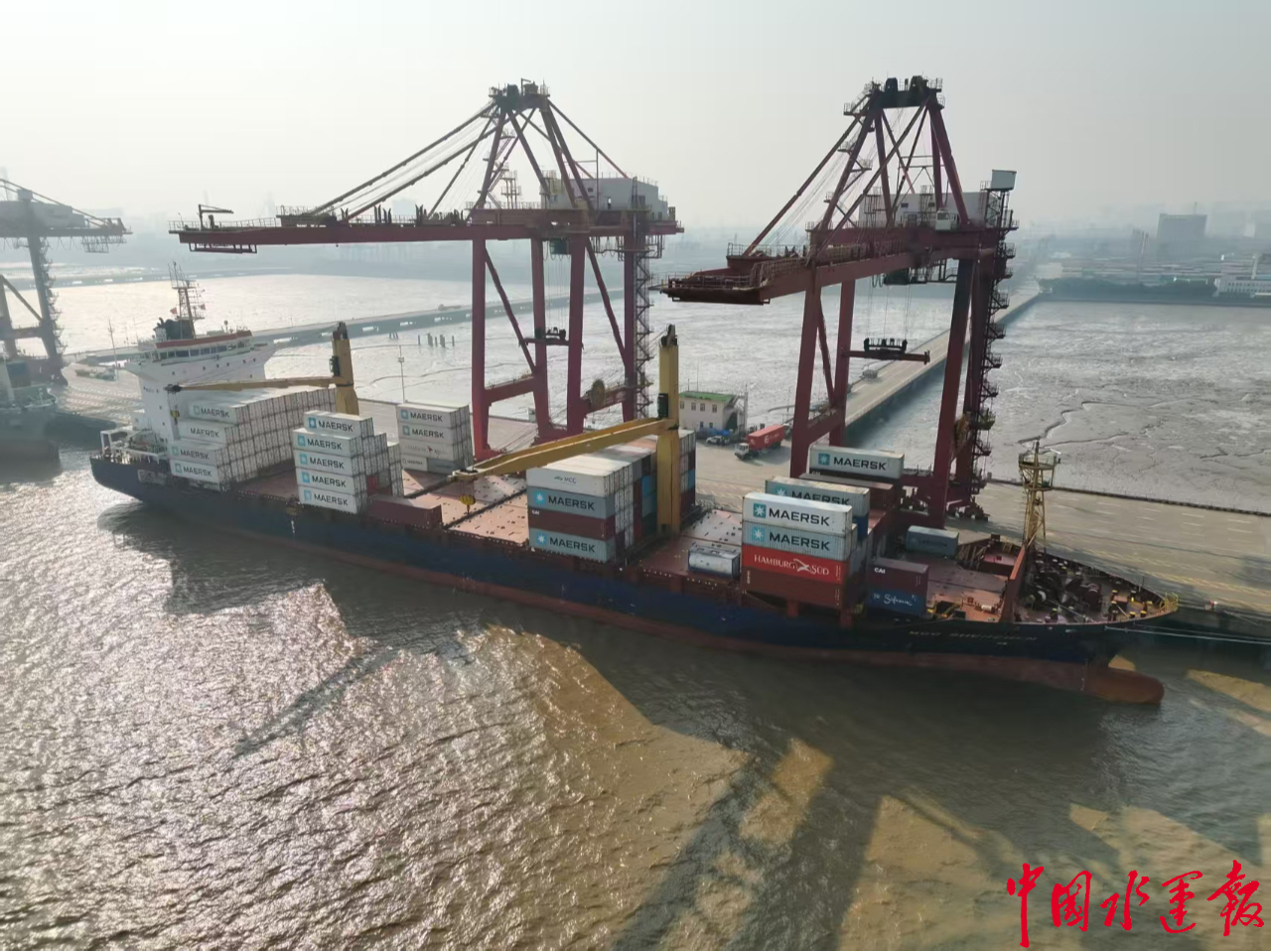鲸鱼尾巴启发的新型船舶电力推进系统亮相
作者: 发布时间:2023年06月01日 浏览量:364 字体大小: A+ A-

图片来自网络,版权属于原作者
总部位于瑞士的设备供应商ABB已经发布了一个新的电力推进系统概念,以提高航运业的效率。
据解释,ABB Dynafin概念的灵感来自鲸鱼尾巴的动态运动。该公司已经在这个新系统上研发了十多年。
据ABB称,新的推进概念具有一个主电动机,为一个大轮子提供动力,以每分钟30-80转的速度适度旋转。垂直的叶片,每个都由独立的电机和控制系统控制,从轮子上伸出。
轮子和叶片的联合运动同时产生推进力和转向力,为船舶带来突破性的操作效率和精度。该公司指出,这一概念遵循了ABB在船舶推进领域的无齿轮动力传输的设计理念。
此外,OSK-ShipTech A/S对配备不同推进方案的客船设计进行的一项独立研究证实,与传统的轴线配置相比,ABB Dynafin可节省推进能耗达22%。
ABB强调,这可以大大节省燃料消耗,并有助于避免排放。
作为电力推进动力系统的一部分,该概念也与零排放的电池和燃料电池技术完全兼容。
ABB船舶和港口部门总裁Juha Koskela说:"ABB Dynafin展示了当船舶工程师在进化和技术的相互作用的启发下,追求彻底的创新和进步时的可能性,"
"这个解决方案是关于运营效率和避免排放......"
ABB进一步解释说,最初的设计将在每台1-4兆瓦的功率范围内提供,这使得它对中型和小型船只特别有效,包括客运和车辆的渡船、在风电场作业的海上支持船和游艇。新的推进器概念也将补充现有的推进器组合。
航运业每年造成的温室气体排放几乎占全球的3%。如果它是一个国家,它将是第六大排放者。然而,由于全球约90%的贸易是通过船舶进行的,它是货物运输的核心。
如果不采取任何行动,到2050年,航运可能要对全球13%的排放负责。同时,国际海事组织(IMO)已经制定了到2050年将温室气体年排放量在2008年的基础上至少减少50%的目标。
虽然业界一致认为没有一个解决方案可以提供 "银弹",但低碳燃料、替代电源、数据分析和节能设备都可以发挥作用,而且新的创新的作用可能会变得显著。
最近,ABB与船级社RINA联手开发新概念,以减少各种类型船只的航运排放。
(本文版权归国际海事信息网所有,图片版权归原作者,转载请注明出处。)
New whale tail-inspired electric propulsion for ships unveiled
Swiss-based equipment provider ABB has unveiled a new concept of an electric propulsion system to boost efficiency in the shipping industry.
As explained, the concept ABB Dynafin is inspired by the dynamic motions of a whale’s tail. The company has been working on the new system for over a decade.
According to ABB, the new propulsion concept features a main electric motor that powers a large wheel rotating at a moderate 30-80 rounds per minute. Vertical blades, each controlled by an individual motor and control system, extend from the wheel.
The combined motion of the wheel and blades generates propulsion and steering forces simultaneously, enabling ground-breaking operational efficiency and precision for ships. The concept follows ABB’s design philosophy in marine propulsion of gearless power transmission, the firm noted.
Furthermore, an independent study of ABB Dynafin from OSK-ShipTech A/S of a passenger vessel design equipped with different propulsion solutions has verified savings in propulsion energy consumption of up to 22 percent compared to conventional shaftline configuration.
This can deliver significant savings in fuel consumption and help avoid emissions, ABB highlighted.
As part of an electric propulsion power system, the concept is also fully compatible with zero-emission battery and fuel cell technologies.
“ABB Dynafin shows what is possible when marine engineers pursue radical innovation and progress, inspired by the interplay of evolution and technology,” said Juha Koskela, Division President, ABB Marine & Ports.
“This solution is all about operational efficiency and emissions avoidance…”
ABB further explained that the initial design will be available in the power range of 1–4 MW per unit, making it particularly effective for medium-sized and smaller vessels, including ferries for passengers and vehicles, offshore support vessels operating at wind farms, and yachts. The new propulsion concept will also complement the existing propulsion portfolio.
The shipping industry contributes to almost 3 percent of global greenhouse gas emissions annually. If it were a country, it would be the sixth largest emitter. However, with about 90 percent of global trade being carried on ships, it is central for the movement of goods.
If no action is taken, shipping could be responsible for up to 13 percent of global emissions by 2050. At the same time, the International Maritime Organization (IMO) has set the goal to cut annual greenhouse gas emissions by at least 50 percent by 2050, against 2008 levels.
While there is consensus in the industry that no single solution can provide a ‘silver bullet’, low-carbon fuels, alternative power sources, data analytics and energy-saving devices all have a part to play, and the role of new innovations may become notable.
Recently, ABB has joined forces with classification society RINA to develop new concepts to reduce emissions in shipping for various vessel types.
来源:simic






